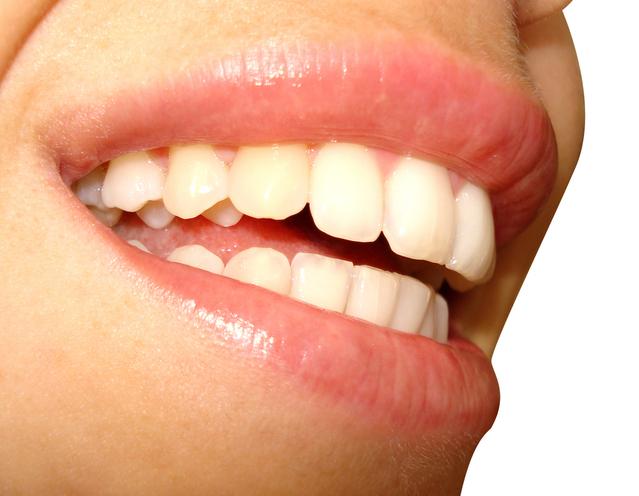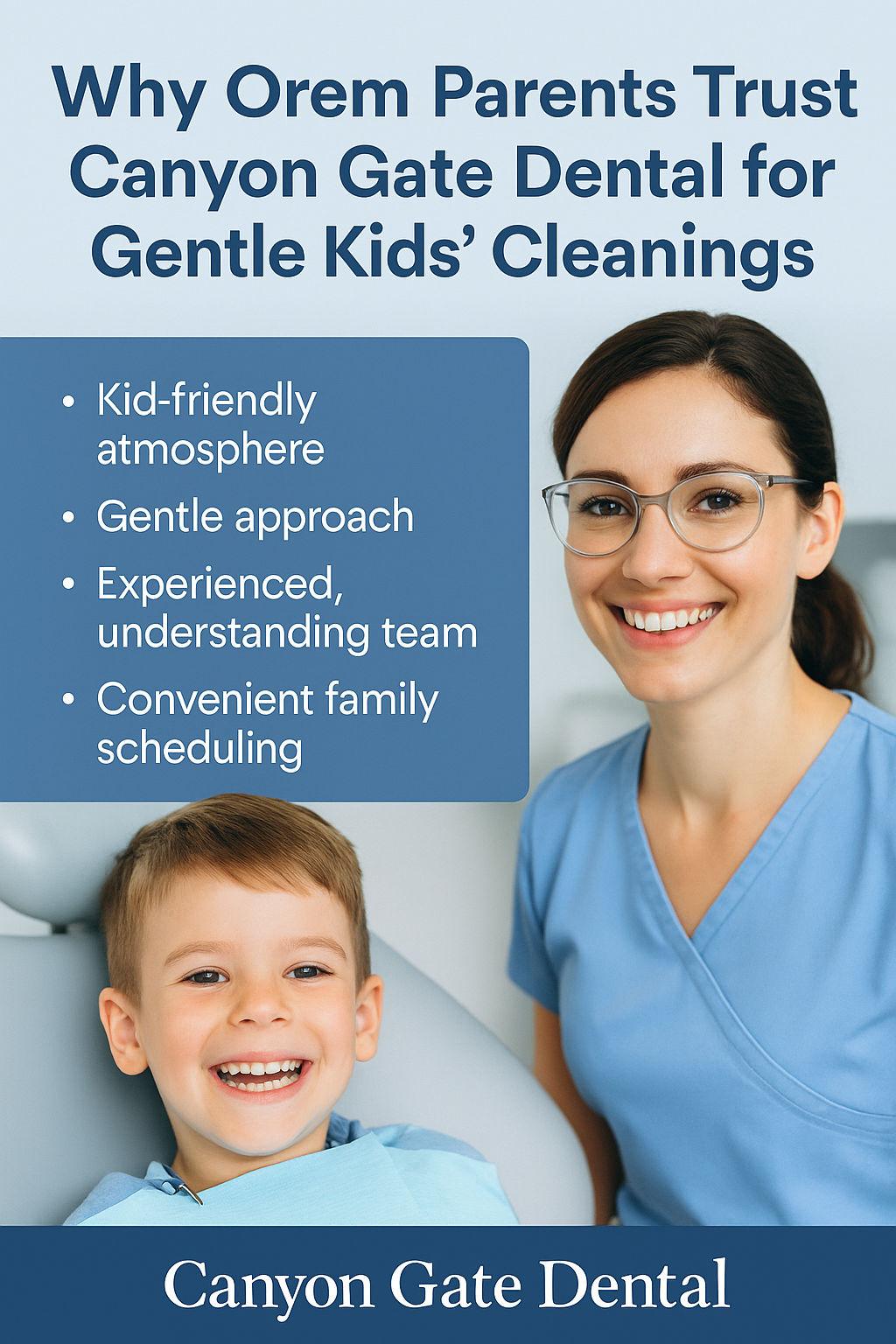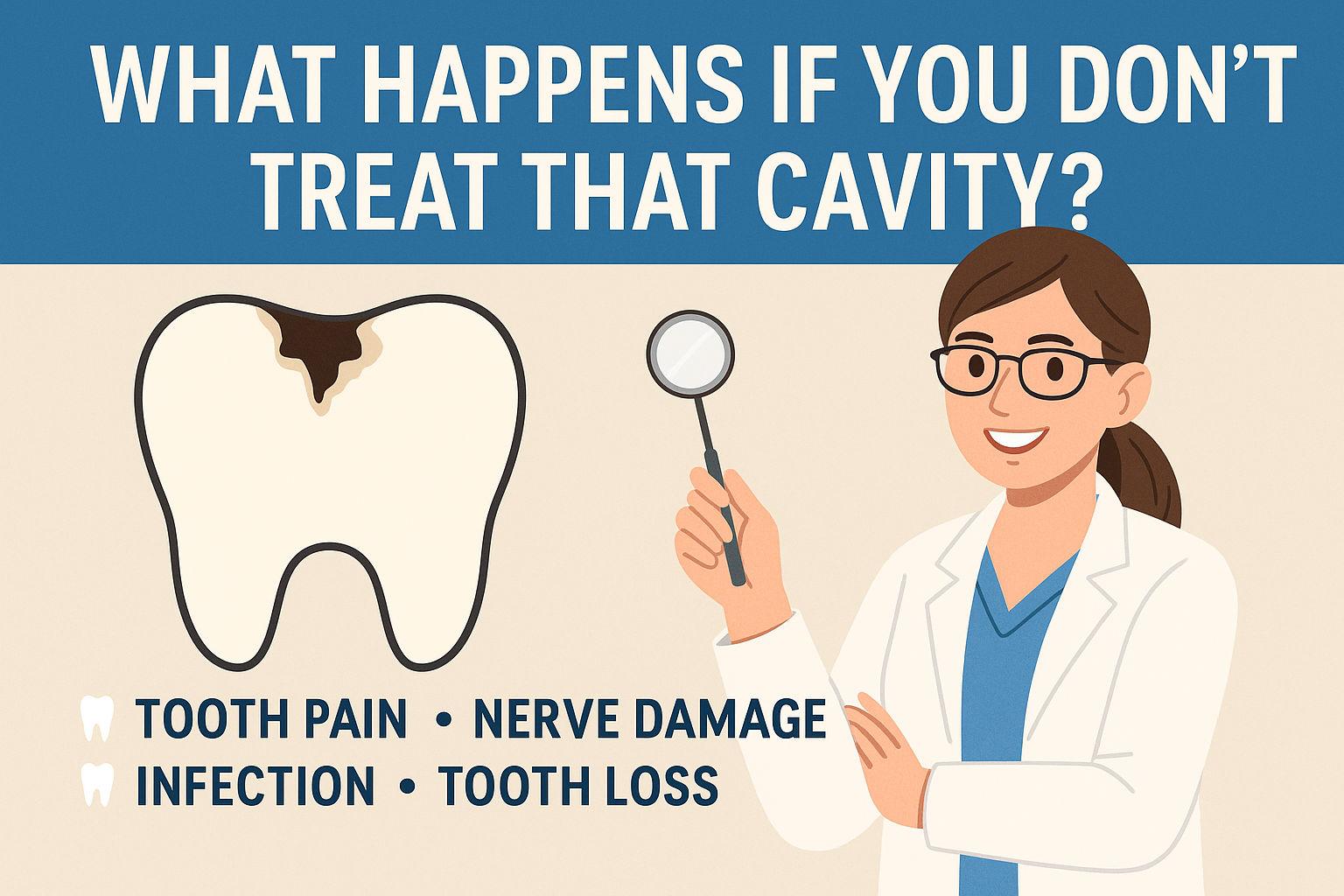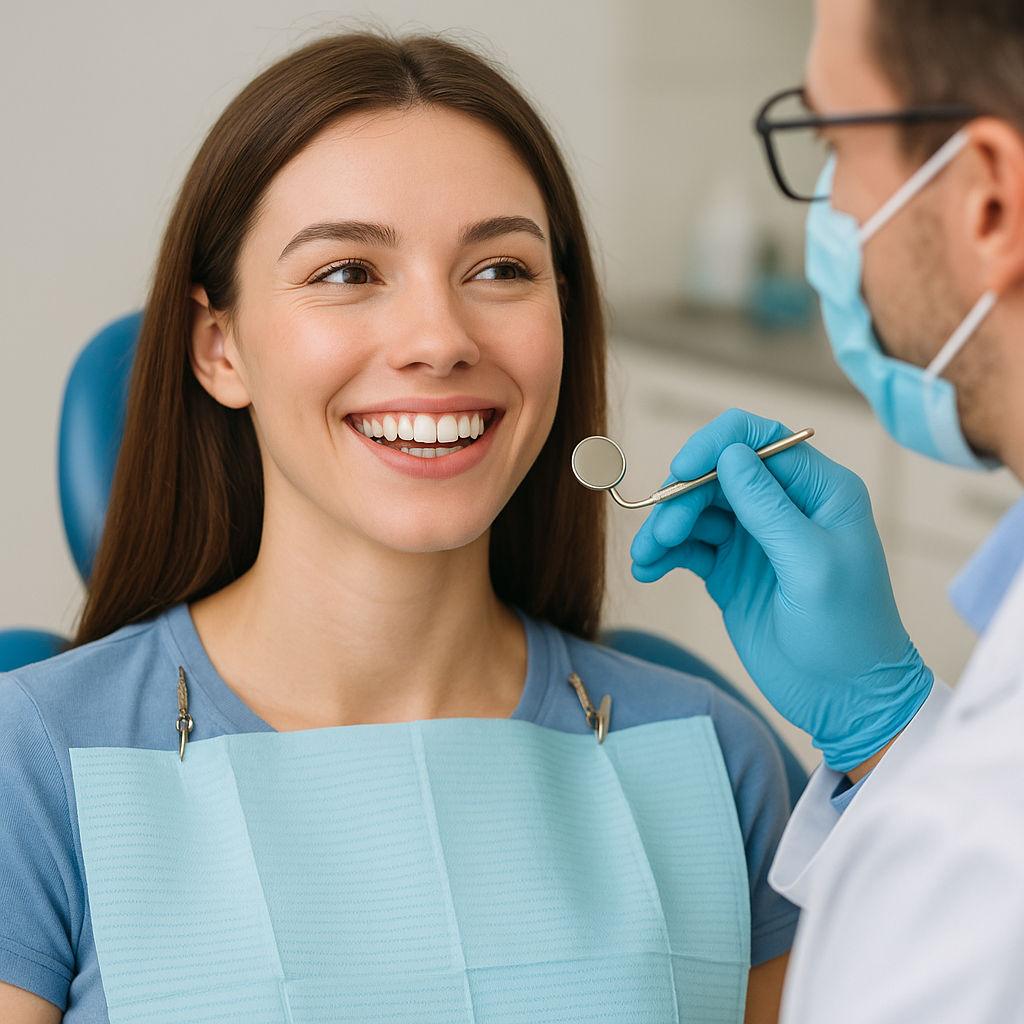Blog Highlights:
- Most of the time, a loose tooth is caused by problems on the ligaments that hold your tooth in place
- An excessive bite force caused by bruxism or during biting can cause your tooth to loosen
- Periodontal diseases can cause bone loss which can weaken the ligaments
- Treatment options for a loose tooth includes biological and mechanical approaches
- Dentists can re-position or reshape your tooth to limit the bite forces that it receives
Unlike babies who can replace a loose tooth with ease, adults worry whenever their tooth wobbles. This is because adults can’t grow another one in its place. Having a loose tooth is actually a sign that there is something wrong the ligaments that hold the teeth in place. The ligaments are also the ones that absorb the force created during chewing or biting. Having a loose tooth can also be caused by problems in your jaw bone and gums, as well as in other periodontal structures that support your teeth.
How does a tooth become loose?
The primary causes for this problem includes a traumatic blow to the face, ligament damage, excessive bite force, disease, or a combination of any of these factors.
An excessive bite force is actually considered a “primary occlusal trauma”. What this means is that the tooth goes through a bite force that goes beyond its tolerance. This can be seen in bruxism or teeth grinding, as well as in teeth clenching. Over time, this can cause tooth misalignment. This is because the repositioning of the tooth will allow it to withstand greater bite forces.
A “secondary occlusal trauma” on the other hand, is when there is an advanced periodontal disease that will result in extensive bone loss around a tooth. This kind of trauma happens when normal forces are directed towards the tooth but the ligaments are no longer able to withstand it because of the bone loss. This scenario typically happens as a result of disease.
People who have had a traumatic blow on the face on the other hand, know exactly why their tooth is loose. Nevertheless, in order for their teeth to heal properly, and in order for them to avoid complications, they need to seek professional help for its restoration.
Treating a loose tooth
A loose tooth is basically treated by both mechanical and biological means.
The biological approach seeks to have any underlying periodontal diseases treated first. This will allow periodontal attachments to heal and it will also allow you to have mechanical options done later on.
The mechanical approach on the other hand, requires the application of modifying forces to the teeth. This is done to modify the amount of biting force that the jaw muscles produce or to limit the amount of biting force that the teeth receives during biting, clenching, or in bruxism. The treatment approaches will be based on the intensity of the bite force as well as on the source. It will also depend on how loose the tooth is.
The use of mouth guards – This is recommended whenever there are “parafunctional” bite forces, or bite forces that are too strong. The mouth guard will create a protective barrier between the lower and upper teeth.
The use of occlusal adjustment – This treatment is done by reshaping the biting surfaces of your tooth so that the amount of force it receives will be diminished. Orthodontic treatments can also be used to move a tooth to its proper alignment.
The use of splinting – Splinting is a technique that binds teeth together in order to distribute the bite force evenly among them. Depending on the severity of the bone loss, splinting may be done temporarily or permanently.
If you have a loose tooth, have it checked by your dentist right away. This is because if it is left untreated, the underlying problem might worsen. Have it checked by your dentist so that he or she can give you a diagnosis and so that you will be able to know your treatment options.









